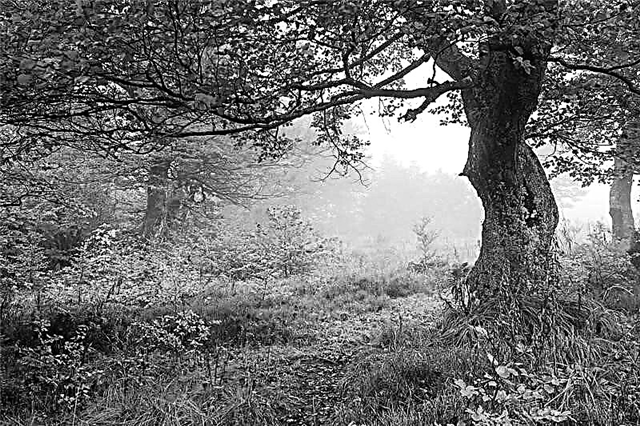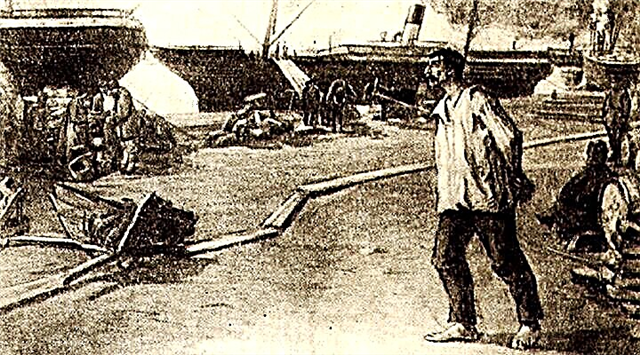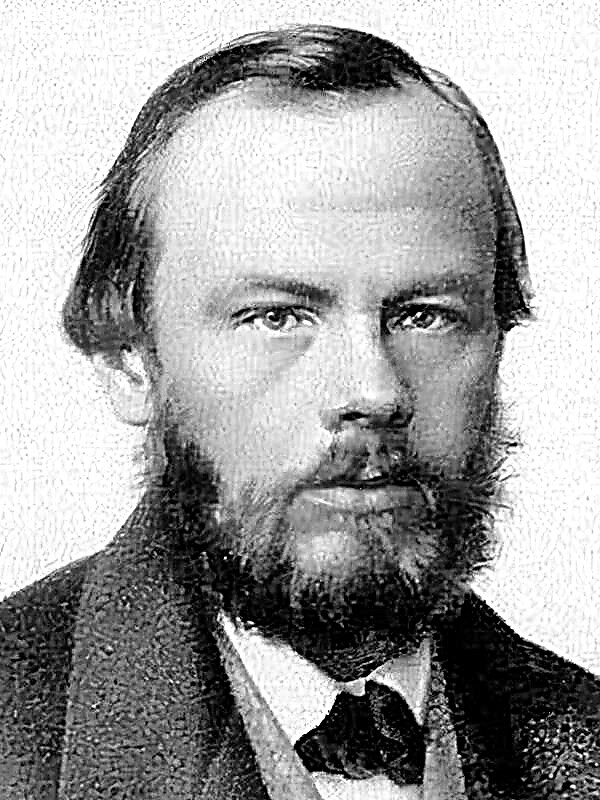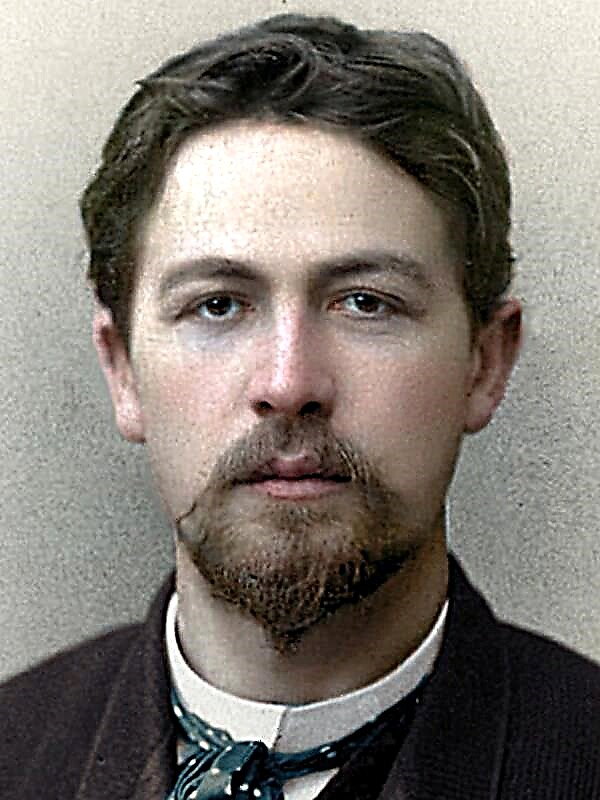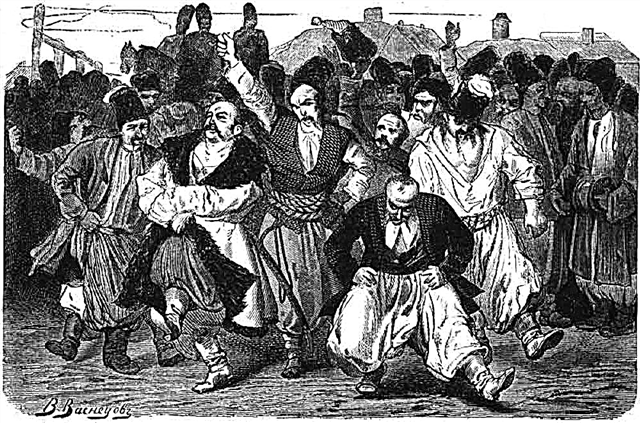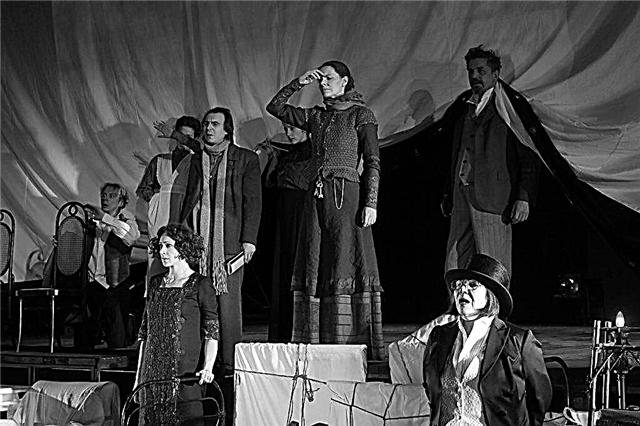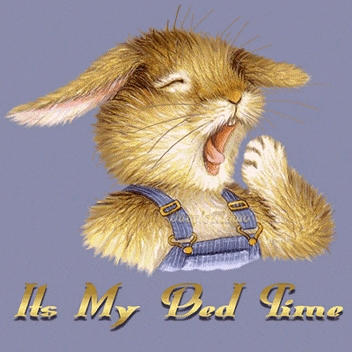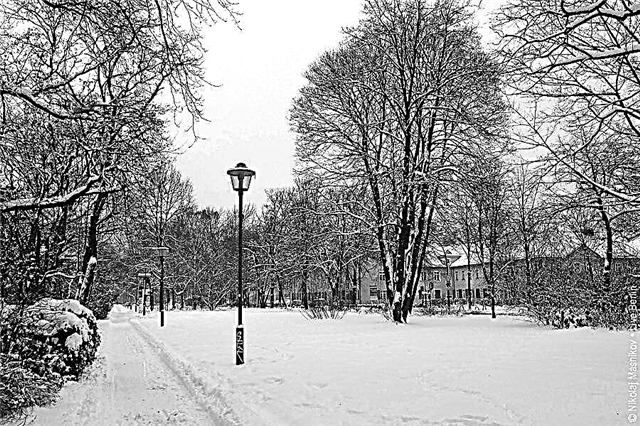Everyone knows the image of the navigator, who is tied to the ground by little men with ropes. But in Jonathan Swift's book Gulliver's Travels, the protagonist does not stop at a visit to the country of Lilliputians. A work from a children's fairy tale turns into a philosophical reflection on humanity.
History of creation
The teacher, publicist, philosopher, as well as priest Jonathan Swift was from Ireland, but wrote in English, so he is considered an English writer. During his life he created 6 volumes of essays. Gulliver's Travels was finally published in 1726-1727 in London, while Swift created his work for several years.
The author published the novel without indicating his authorship, and the book immediately became popular, although it was censored. The most common publication was a translation by the French writer Pierre Defontaine, after which the novel was no longer translated from English, but from French.
Later, sequels and imitations of Gulliver’s story, operettas and even brief children's versions of the novel began to arise, mainly dedicated to the first part.
Genre, direction
Gulliver's Travels can be attributed to a fantastic satirical-philosophical novel. The main character gets acquainted with fairy-tale characters and becomes a guest in non-existent worlds.
The novel was written during the Enlightenment or Late Classicism, for which the travel genre was very popular. The works of this direction are instructive in nature, attention to detail and the absence of conflicting heroes.
Essence
The protagonist Lemuel Gulliver as a result of a shipwreck falls into Liliput, where little men take him for a monster. He saves them from the inhabitants of the neighboring island of Blefuscu, but, despite this, the midgets are going to kill him, which is why Gulliver has to flee from them.
During the second voyage, Lemuel enters Brobdingneg, a land of giants. The girl Gryumdalklich takes care of him. Little Gulliver gets to the king, where he gradually realizes the insignificance of mankind. The seafarer comes home accidentally when a giant eagle flies away with a box, which was the traveler’s temporary home.
The third journey takes Gulliver to the country of Balnibarbi, to the flying city of Laputa, where he is surprised to observe the stupidity of the inhabitants disguised as scholarship. On the mainland in the capital of Lagado, he attends an academy where he sees the meaningless inventions of local scientists. On the island of Glabbdobdrib, invoking the souls of deceased historical figures, he learns about them the truth hidden by historians. On the island of Laggnegg, he meets the strundbrugs tormented by immortality, after which he returns to England through Japan.
The fourth journey brings Gulliver to the island, where the intelligent horses of the Huignm use the labor of feuh feral creatures. The protagonist is expelled, as he looks like an exe. Lemuel for a long time cannot get used to people whose society becomes unbearable to him.
The main characters and their characteristics
- Lemuel Gulliver - A native of Nottinghamshire. He is married to Mary Burton and has two children. To make money, Lemuel becomes a surgeon on a ship, and then a captain of the ship. Like most of the main characters of the Enlightenment, he is inquisitive. The traveler easily adapts to new conditions, quickly learns the languages of every place he finds himself in, and also embodies a conditional average hero.
- Liliput. The very word "midget" was invented by Swift. The inhabitants of Liliput and Blefusku are 12 times smaller than the average person. They are convinced that their country is the largest in the world, which is why they behave with Gulliver quite fearlessly. The Liliputs are an organized nation that is capable of quickly enough doing difficult work for them. They are ruled by a king named Golbasto Momaren Evlem Gerdailo Shefin Molly Olli Gu. Lilliputians are at war with the Blefuskans because of disputes about which side to break the egg with. But even in the Liliput itself, feuds are waged between batches of tremexen and slemexen, supporters of high and low heels. Gulliver’s most ardent opponents are the Galbet Skyres Bolgolam and Lord Chancellor of the Treasury Flimnap. Liliput personify a parody of the English monarchy.
- Giants. Residents of Brobdingneg Island, by contrast, are 12 times the size of an ordinary person. They take care of Gulliver, especially the farmer’s daughter Gryumdalklich. The giants are ruled by a fair king, horrified by Gulliver’s stories of gunpowder. These people are not familiar with killing and war. Brobdingneg is an example of utopia, an ideal state. The only unpleasant character becomes the royal dwarf.
- Residents of Balnibarbi. To the inhabitants of the flying island of Laputa distracted from thinking about the universe, the servants have to clap their sticks. Everything around them: from clothing to food, is associated with astronomy and geometry. Laputians rule the country, having the right at any time to crush the riot that arose with the weight of the island. There are also people living on earth who consider themselves smarter than everyone, which is not true. The inhabitants of Glabbdobdrib Island are able to evoke the souls of deceased people, and on the island of Laggnegg immortal struldbrugs are sometimes born, which are distinguished by a large spot on their heads. After 80 years, they have a civil death: they are no longer legally incapable, they are always aging, they are not capable of friendship and love.
- Guingnm. The island of Huignmmy is inhabited by horses capable of speaking their reasonable language. They have their own homes, families, meetings. The word "guigngnm" Gulliver translates as "the crown of creation." They do not know what money, power and war are. They do not understand many human words, since for them there is no such thing as a weapon, a lie, and a sin. The Huigngnms compose poems, do not waste words in vain, die without sorrow.
- Ehu. The guingnmams are served as domesticated animals by monkey-like exu savages, feeding on carrion. They are deprived of the ability to share, love, hate each other and collect brilliant stones (a parody of a person’s passion for money and jewelry). Among the guignings there is a legend that the first exes came here from overseas and were ordinary people like Gulliver.
Themes and Issues
The main theme of the work is man and the moral principles by which he tries to live. Swift raises questions about who the person is, how he looks from the outside, whether he is doing the right thing and what his place is in this world.
The author raises the problem of corruption of society. People have forgotten what it means to not fight, to do good and to be reasonable. In the first part of Gulliver's Travels, attention is paid to the problem of pettiness of public administration, in the second - to the problem of insignificance and cruelty of a person in general, in the third - the problem of loss of common sense, in the fourth - the problem of achieving the ideal, as well as the decline of human morals.
Main idea
The work of Jonathan Swift is an illustration of the fact that the world is diverse and incomprehensible, people still have to unravel the meaning of the universe. In the meantime, an imperfect and weak person possesses gigantic conceit, considers himself a supreme being, but not only cannot know everything, but also often risks becoming worse than animals.
Many people have lost their human appearance, inventing weapons, quarreling and deceiving. Man is petty, cruel, stupid and ugly in his behavior. The writer does not just unfoundedly accuse humanity of all possible sins, but offers alternative options for existence. His main idea is the need to correct society through the consistent rejection of the vices of ignorance.
What does it teach?
The main character becomes a kind of observer from the side. The reader, getting acquainted with the book, understands with him that a person needs to remain a person. You should objectively evaluate your influence on the world around you, lead an intelligent life and not dive into the vices that gradually turn a person into a savage.
People should think about what humanity has come to and try to change the world even in a situation where it depends on each of them.
Criticism
The novel "Gulliver's Travels" was severely criticized, despite the fact that at first it was mistaken for an ordinary fairy tale. According to reviewers, Jonathan Swift insults a person, which means that he insults God. The fourth part of the work suffered the most: the author was accused of hatred of people and bad taste.
For many years, the church banned the book, and government officials shortened it in order to cut back on dangerous political thinking. However, for the Irish people, the dean of St. Patrick’s Cathedral remained a legendary fighter for the rights of the oppressed poor, ordinary citizens did not forget about his social activities and literary talent.


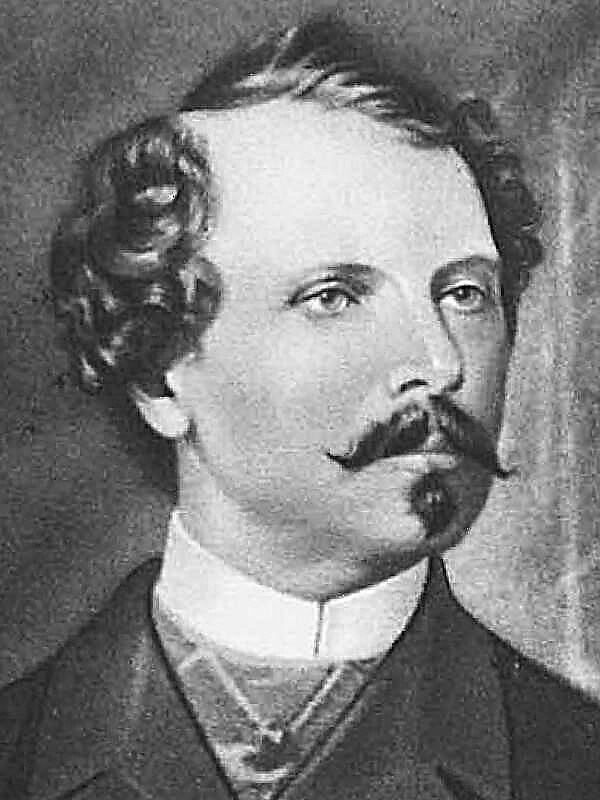
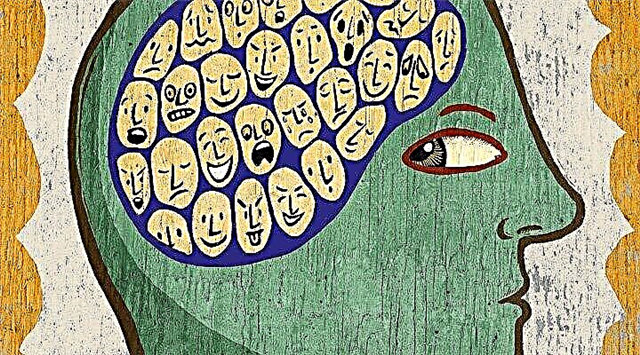 Emotional intellect
Emotional intellect